
Blog readers Richard Bean, Frode Weierud and George Lasry have broken most of the ciphertexts from the Biafran War I recently introduced.
Last week, I introduced a 750-letter ciphertext created with a bigram substitution. Jarl Van Eycke and Louie Helm have now solved this challenge. As far as I know, this is the shortest bigram cipher challenge ever broken.
According to a TV documentary, a German WW2 soldier created encrypted notes describing the location of a hidden tunnel system in Czechia while in captivity. There are rumours about a treasure hidden in this facility.
A few weeks ago, I introduced a 1000-letter ciphertext created with a bigram substitution. Jarl Van Eycke and Louie Helm have now solved this challenge and set a new world record.
Magnus Ekhall from Sweden has solved my Playfair challenge from April 2019. With only 30 letters, this ciphertext is the shortest of its kind ever broken.
Richard Bean, who recently broke two well-known cryptograms, has received lots of media coverage in Australia. Especially, a few radio interviews he gave are worth listening.
Earlier this week, I blogged about two encpostcards sent to a Bavarian princess. My blog readers solved all the mysteries about these documents.
Message B, a ciphertext left behind by British parapsychologist Robert Thouless, baffled codebreakers for over 70 years. Richard Bean from Brisbane, Australia, has now broken it.
In July, I introduced a bigram substitution challenge consisting of 1346 letters. Norbert Biermann has now solved it. It’s the shortest ciphertext of this kind that has ever been broken.
Earlier this week, I blogged about an encrypted newspaper ad from 1897. Seth Kintigh from Massachusetts has solved it.
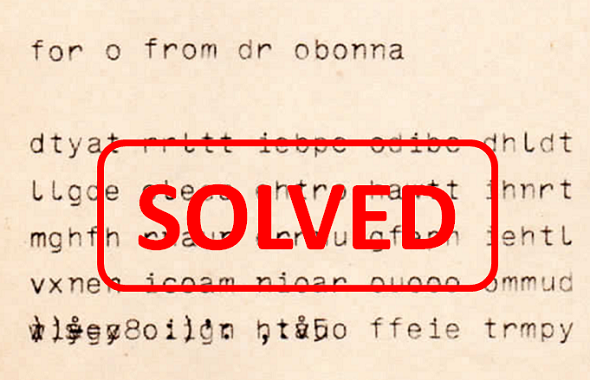
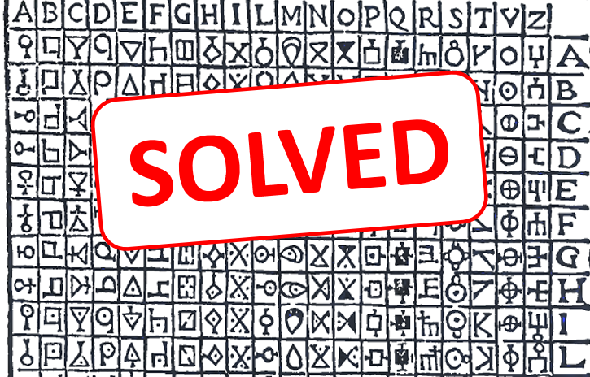
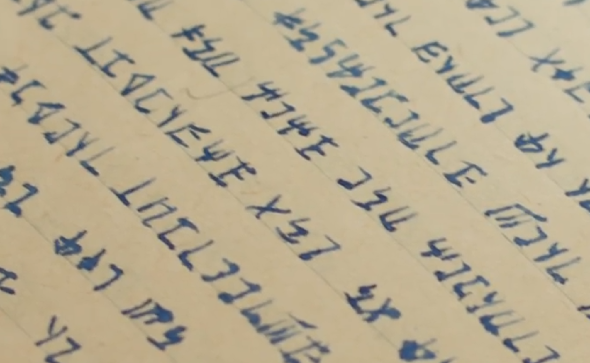

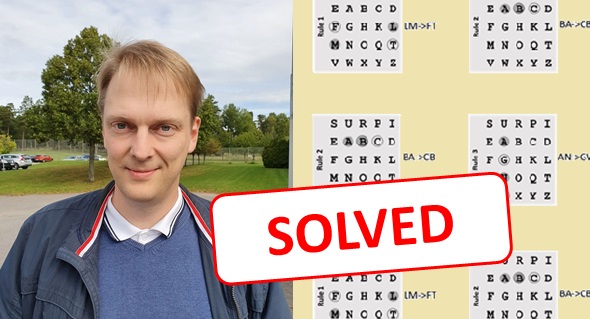

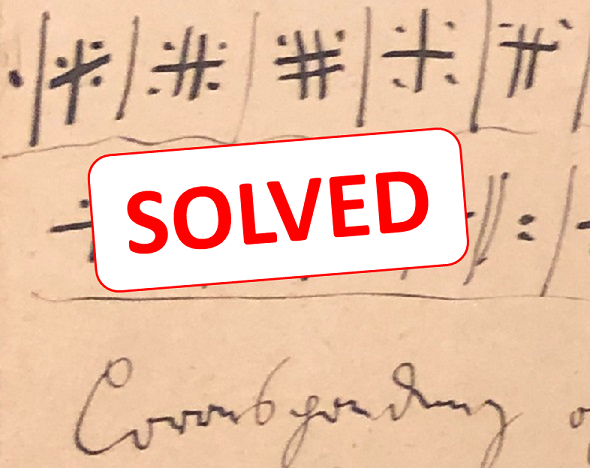
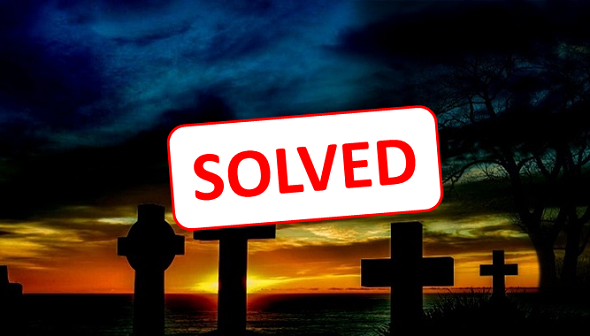
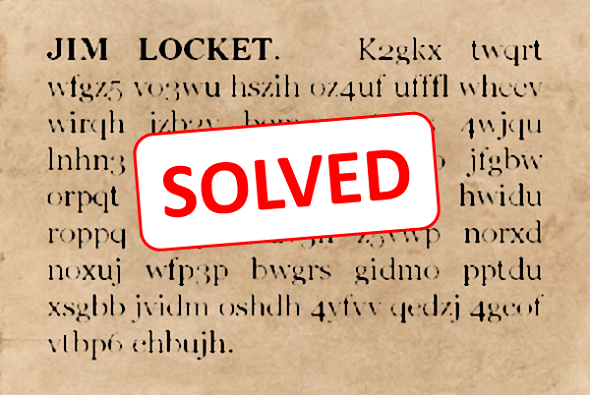
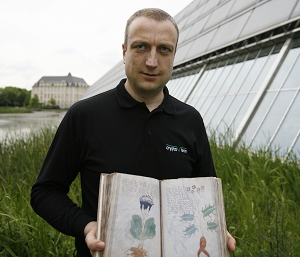
Letzte Kommentare